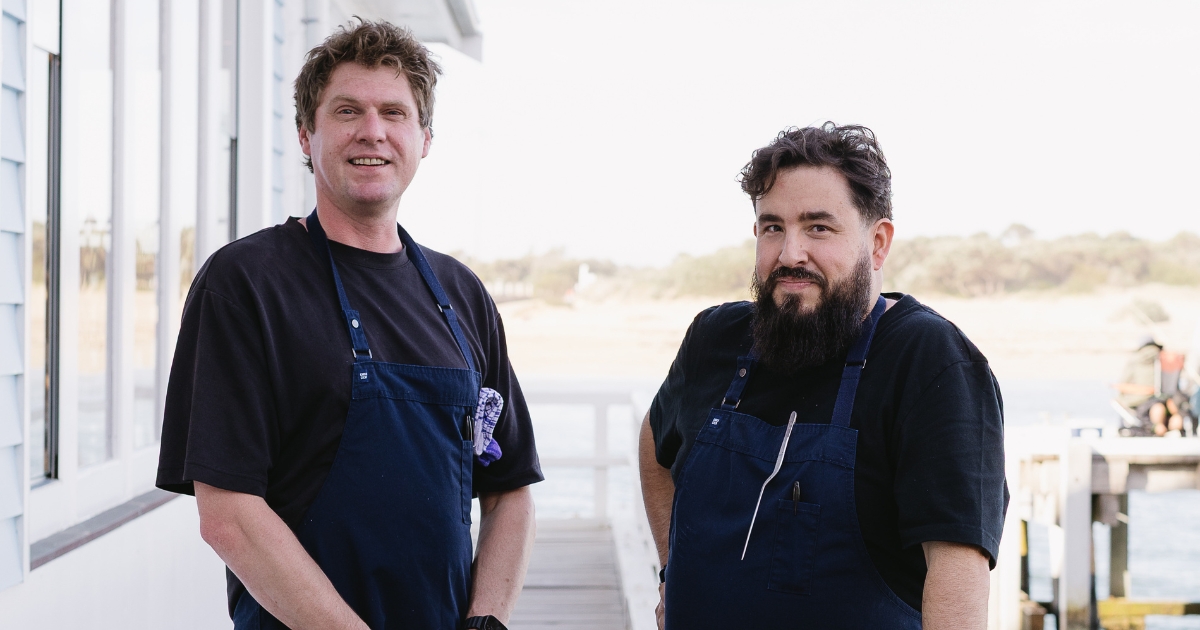Community urged to get back on track with cancer screening

Participation rates in cancer screening checks have declined across the region. Photo: BREASTSCREEN VICTORIA
Community members are being urged to keep up with cancer screening checks after new data revealed thousands of people across the region are not participating in the early detection programs available to them.
Nationally, there are three population-based screening programs for breast, bowel and cervical cancer.
Run through partnerships between the state and federal government, these screening programs aim to reduce illness and death by allowing for the early detection, intervention and treatment of cancer.
The inaugural 2022 Victorian Cancer Screening Annual Statistical Report tracked the uptake of these programs and revealed a concerning decline in community participation.
Statewide, just 50 per cent of the eligible population aged 50-74 participated in breast screening between 2020 and 2022.
After skin cancer, breast cancer is the most common cancer in women in Australia and more than 20,000 people were diagnosed last year.
In Geelong and the Surf Coast, breast screening participation were proportionately higher at 57 and 62 per cent, respectively.
This means close to 40 per cent of the community are continuing to miss out on the program.
Participation in bowel screening, for which people aged 50-74 are also eligible, has similarly declined.
On the Surf Coast, program uptake rates are down 8 per cent since 2020, while in Geelong, participation has dropped by 14 per cent.
Notably, participation rates remain consistently higher for women than men across both regions.
While historically cervical screening uptake has been stronger, with 79 per cent of eligible Victorians aged 25-74 being tested between 2018 and 2022, across the state, participation declined 2 per cent between 2021 and 2022.
Locally, these declines have been more keenly felt with uptake of the program decreasing more than 7 per cent on the Surf Coast and more than 10 per cent in Geelong since 2020.
The decline in participate rates across all three programs is in part due to the COVID-19 pandemic which resulted in the suspension of a number of healthcare services and changed health seeking behaviours.
The number of individuals completing cervical screening tests has also likely been impacted by the transition from two to five-yearly screening intervals, which began in 2017.
Victorian Health Minister Mary-Anne Thomas said the state had some of the best cancer outcomes globally.
“But we know more can be done.
“Prevention and early detection are the best ways to minimise the risk of cancer.
“We urge Victorians to undertake regular cancer screening and see a doctor as soon as any symptoms develop for the best chance of survival.”

















